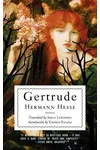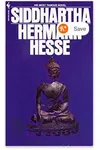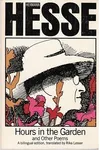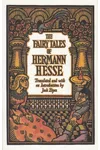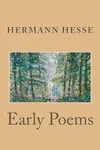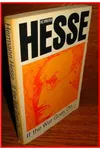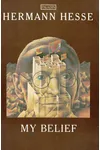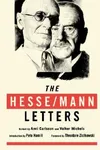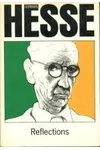Picture a German storyteller whose novels unravel the mysteries of the human soul—meet Hermann Hesse! Born in 1877, this Nobel Prize-winning author captivated readers with works like Siddhartha and Steppenwolf, blending spirituality, psychology, and self-discovery. His stories invite us to question who we are and what truly matters, making him a literary icon whose words still resonate today.
The Making of Hermann Hesse
Hermann Hesse was born in Calw, Germany, to a family of missionaries and publishers. His early life was a tug-of-war between strict religious upbringing and a rebellious spirit yearning for freedom. After dropping out of seminary, Hesse worked as a bookseller, soaking up literature that shaped his philosophical outlook. His travels to India in 1911 sparked a lifelong fascination with Eastern spirituality, which would define his most famous works.
Hermann Hesse’s Unforgettable Stories
Hesse’s novels are like maps to the inner self, blending lyrical prose with profound themes. Siddhartha (1922) follows a man’s quest for enlightenment, weaving Buddhist and Hindu ideas into a timeless tale of self-discovery. Steppenwolf (1927) dives into the psyche of a loner wrestling with his dual nature—part human, part wild. The Glass Bead Game (1943), his magnum opus, imagines a futuristic intellectual utopia, earning him the Nobel Prize in 1946. Hesse’s style, marked by introspective characters and philosophical depth, challenges readers to confront their own identities and beliefs.
His works often reflect his own struggles with depression and societal pressures, making them deeply personal yet universally relatable. Whether exploring mysticism or existential angst, Hesse’s stories remain a beacon for those seeking meaning in a complex world.
Why Hermann Hesse Matters
Hesse’s influence stretches far beyond literature. His exploration of spirituality and individuality inspired the counterculture movement of the 1960s, with Siddhartha becoming a touchstone for seekers. Today, his novels are studied in classrooms and cherished by readers who find solace in his empathetic voice. Hesse’s ability to bridge Eastern and Western philosophies continues to spark conversations about authenticity and purpose, cementing his legacy as a guide for the soul.
- Born: July 2, 1877, in Calw, Germany
- Key Works: Siddhartha, Steppenwolf, The Glass Bead Game
- Award: Nobel Prize in Literature, 1946
- Died: August 9, 1962, in Switzerland
About Hermann Hesse
Ready to explore the depths of human consciousness? Grab Siddhartha or Steppenwolf and dive into Hermann Hesse’s soul-stirring world!


